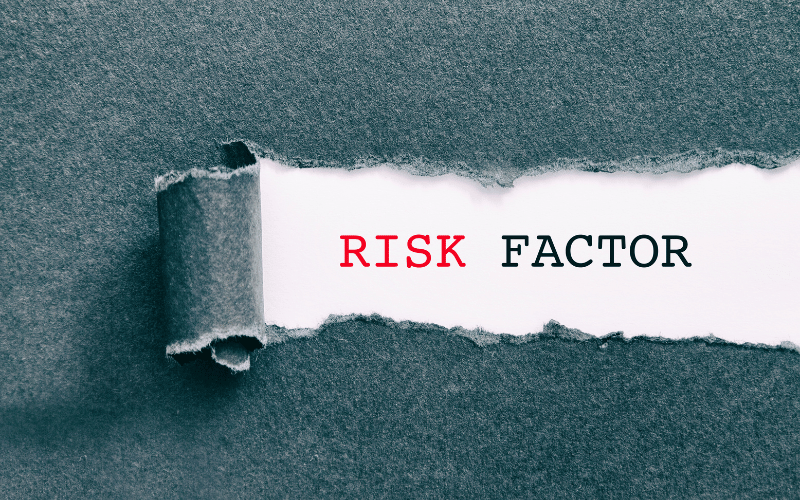Fact 4: Exploring Causes and Risk Factors

Cholangiocarcinoma, like many cancers, doesn’t emerge from a vacuum. Its origin is often rooted in a combination of genetic, environmental, and lifestyle factors. While the exact cause remains a subject of intense research, understanding the potential triggers can offer insights into prevention and early intervention.
Genes, those tiny building blocks of DNA, play a pivotal role in determining a person’s risk for certain diseases. While not everyone with a genetic predisposition will develop cholangiocarcinoma, certain gene mutations might heighten the risk. It’s akin to having a loaded gun, but environmental and lifestyle factors pull the trigger.
Our environment is replete with factors that can contribute to bile duct cancer. Chronic exposure to harmful chemicals, especially those involved in the oil and rubber industries, can increase the risk. Additionally, specific parasitic liver infections, particularly prevalent in Asian countries, have been linked to cholangiocarcinoma. These slow, insidious factors often operate below the radar, making it even more essential to be aware of one’s surroundings.
Certain long-standing medical conditions can predispose individuals to cholangiocarcinoma. Conditions such as primary sclerosing cholangitis, a hardening and scarring of the bile ducts, or liver cirrhosis can lay the groundwork for cancer to develop. Recognizing and managing these conditions becomes paramount in potentially averting a cholangiocarcinoma diagnosis. (4)